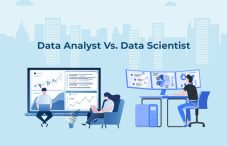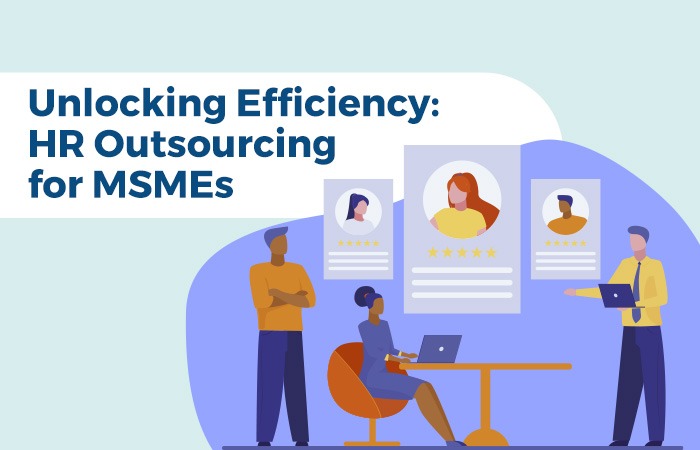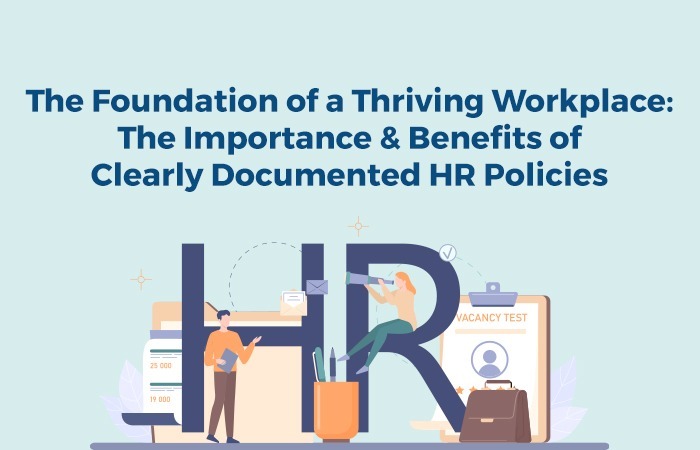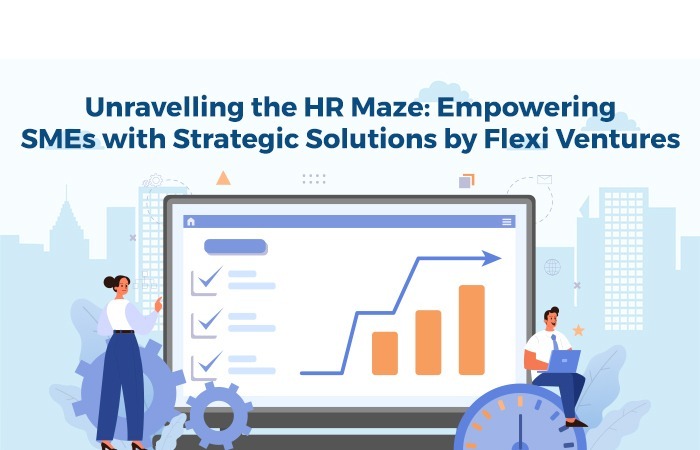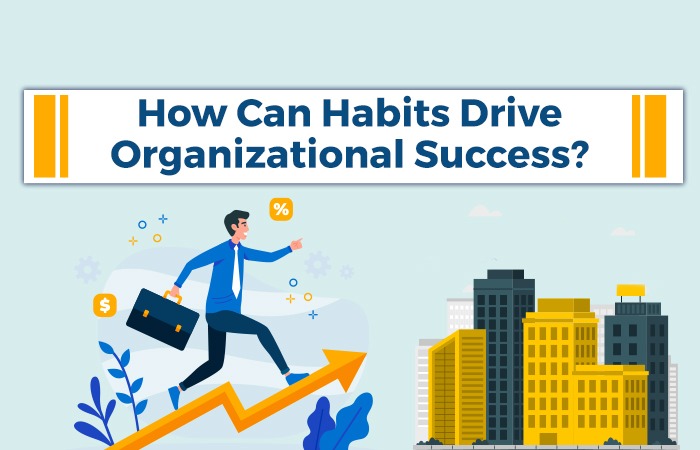Due to the constant technological advances and fast-growing digitization, the world has become more reliant on digital data. As a result, more diverse jobs related to data are now available for those seeking employment in technology. So, you must have come across the terms “data analyst” and “data scientist” on social media, job adverts, etc. While they may seem to be the same thing, they are quite distinct.
What is Data and How Does It Help Businesses?
Data is an important term in the world of computing. In short, it is unprocessed raw information. Technological advancements have enabled analysts to analyse the exceptional amount of data. Hence, business analysts interpret these data to help businesses gain momentum in the ever-competitive world.
Technology has made it possible to analyse a massive amount of data in a short span of time. This is where the roles of data analysts and data scientists come into place.
Data Analyst – What Do They Do?
Data Analyst is an experienced professional who accumulates data from various sources. They organize the scattered data and carry out statistical analysis by utilizing structured query language (SQL) and manipulating data to make the data meaningful.
They are usually well-versed in programming languages, such as R and SAS. They also utilize visualization tools, such as Tableau and Power BI, to identify developing trends and respond accordingly.
Data Scientist – What Do They Do?
Data Scientist is an experienced professional who comprehends the present scenario of the business and comes up with actionable solutions that the business could utilize to overcome their challenges and seize the opportunities for greater success.
Data scientists are more dedicated to designing data modelling processes, developing new tools, creating algorithms and predictive models to solve multifaceted problems the organization faces. They possess a deep understanding of the business, its stakeholders, the industry it operates in, and the country’s overall economy. They are also exceptional critical thinkers who can comprehend the insinuations of the data they have in hand. In addition, they are also well-versed in several programming languages to help their job.
Roles and Responsibilities of a Data Analyst and Data Scientist
Depending on the industry the business operates in, the roles and responsibilities of a data analyst and data scientist can vary by a great margin. Data analysts usually find the answer to what and why. In contrast, Data Scientists investigate future scenarios and find solutions to overcome them or use a situation in their best interests.
Here are some of their responsibilities.
Data Analyst:
- They query data using SQL.
- They analyse data and make forecasts using Excel.
- They utilize business intelligence (BI) software to create dashboards.
- They perform various data analytics, such as descriptive, diagnostic, predictive, and prescriptive.
Data Scientist:
- They are thought to expend 60% of their time scrubbing and preparing data.
- They are involved in ad-hoc data mining. They mine data using APIs or develop ETL pipelines.
- They utilize programming languages, such as R and Python to clean data.
- They utilize machine learning algorithms like natural language processing, logistic regression, kNN, Random Forest, and gradient boosting to analyse the available data statistically.
- They simplify their day-to-day operations by creating programs and automation techniques using tools, such as TensorFlow, to build and train their required machine learning models.
- They use Hadoop and Spark, and other tools like Hive and Pig to build large data infrastructure.
Similarities and Differences between Data Analyst and Data Scientist
While there is no prerequisite to gaining an educational qualification to become a data scientist or data analyst, industry experts believe it is beneficial to have at least a bachelor’s degree in mathematics, statistics, computer science, or business (with a concentration in analytics). It would enhance your scope of gaining meaningful employment.
Here’s a quick overview of the similarities and differences between the two professions.
|
|
Data Analyst |
Data Scientist |
|
Similarities |
Both are involved in- Data Mining Data Warehousing Data Wrangling Mathematics Statistics Data Visualisation SQL, R, Python, Tableau |
|
|
Differences- Skills & Remuneration |
Business Intelligence |
Computer Science |
|
SAS |
Economics |
|
|
Exploratory Data Analysis |
Machine Learning Cloud Computing |
|
|
Retrieving Data from RDBMS, like MS SQL Server, Oracle DB, and MySQL |
Hadoop Spark TensorFlow MATLAB |
|
|
Advanced Excel Skills |
Storytelling |
|
|
Salary (annual): Data Analyst: $73,870 Senior Data Analyst: $92,652 Data Analyst IV: $127,543 *As per Glassdoor |
Median salary (annual): Entry Level: $95,000 Mid-Level: $130,000 Mid-Level (Managerial): $195,000 Experienced: $165,000 Experienced (Managerial): $250,000 *As per University of Wisconsin |
|
Conclusion
The jobs of both data analysts and data scientists are both distinct and challenging. Data Analysts collect data, analyse them to make them meaningful. They deal with finding out what the problem is and why it happened.
In contrast, Data Scientists forecast what could possibly happen in the future and how the company could deal with its impact. They both have a specialized skillset, where some skills overlap however, they are two distinct job roles.

